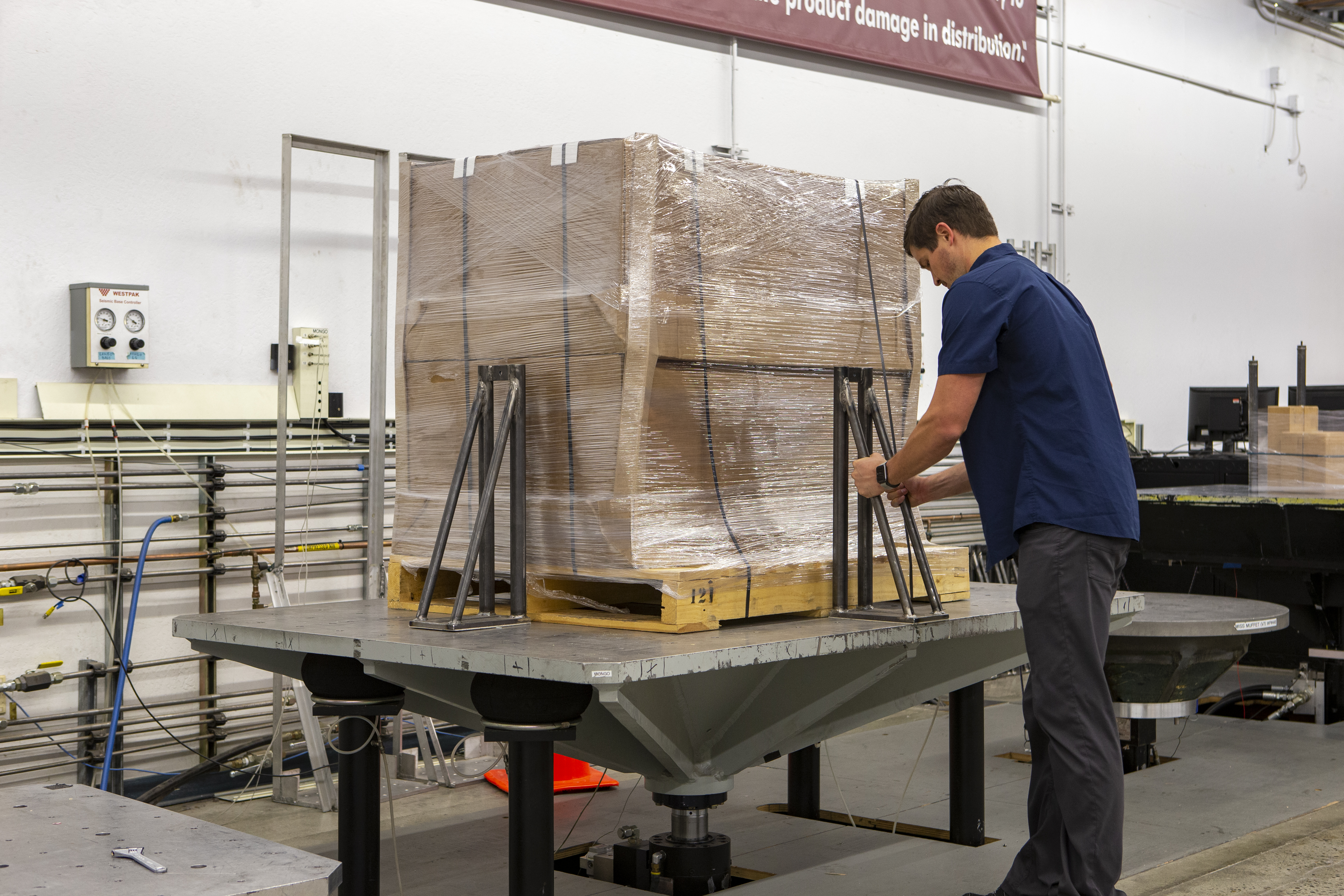Aerospace Test Solutions: Military & Aerospace Product Testing
With expected extreme operating conditions being typical and the high reliability required of instruments used in the military and aerospace environments, it is common for more rigorous testing as a baseline, up to failure analysis.
To carry out those typically more rigorous test protocols, specialized equipment and training are often necessary. The Westpak Military/Aerospace Division is able to draw on the considerable expertise of a substantial and well- educated engineering staff as well as the capabilities of test equipment that meet or exceed most of the required standards. In addition, our ISO 17025 accreditation helps guarantee the highest quality data possible of any testing facility.
Because of the extreme nature of much Mil-Spec testing, the value of proper fixturing, instrumentation, and attention to detail become critical. Westpak fully understands these requirements and has been granted favorable reviews by many highly respected military and aerospace contractors. These clients also appreciate the high level of integrity and confidentiality that Westpak provides.
Shock Testing

Shock Testing
Shock testing is conducted to determine the material or product fragility level. This knowledge provides a degree of confidence in the ability to withstand shock inputs, as well as give direction on the most efficient package design.
Shock inputs vary in shape, duration and amplitude, providing a data driven approach to product characterization. Durations of shock that correspond with natural frequency periods of the material and/or periods of major components will magnify the adverse effects on the material’s overall physical and functional integrity.
Shock testing can also identify material or component weakness or failure including changes in material dielectric strength, loss of insulation and variations in electrostatic field strength. One can use shock testing to determine accelerated fatiguing of materials (low cycle fatigue).
Typical Procedures/Protocols
MIL-STD-810G
WESTPAK Capabilities
Westpak continually upgrades and expands its equipment line-up. Therefore this list is a minimum of our capabilities:
(8) Vertical Shock Test machines with acceleration levels to 50,000 G’s
(1) Horizontal Shock Test Machines
(1) Rotary Shock Tester
(100+) channels of shock test instrumentation(8) Programmable Mechanical Shock Test Machines
Vibration

Vibration
All products and materials will experience vibration, whether during manufacture, transportation, maintenance, or operational use. Vibration tests are performed to ensure products and materials will withstand exposure during their life cycle. Westpak performs Vibration Testing per the applicable sections of MIL STD 810G.
Vibration occurs at varying levels of intensity in the in-use environment and during all forms of transportation. Vibration results in dynamic deflections of and within material. These dynamic deflections and associated velocities and accelerations may cause or contribute to structural fatigue and mechanical wear of structures, assemblies, and parts. In addition, dynamic deflections may result in impacting of elements and/or disruption of function.
Typical Procedures/Protocols
MIL-STD-810G
For Military applications, these symptoms of vibration-induced problems can lead to severe losses:
- Chafed wiring
- Loose fasteners/components
- Intermittent electrical contacts
- Electrical shorts
- Deformed seals
- Failed components
- Optical or mechanical misalignment
- Cracked and/or broken structures
- Migration of particles and failed components
- Particles and failed components lodged in circuitry or mechanisms
- Excessive electrical noise
- Fretting corrosion in bearings
WESTPAK Capabilities
Westpak continually upgrades and expands its equipment line-up. Therefore this list is a minimum of our capabilities:
(10) Vertical ED shakers with frequency range to 2kHz
(3) Horizontal ED shakers with frequency range to 2kHz
(9) Vertical EH Vibration Test Systems with weight capacity to 2250 Kg (5Klb)
(2) Horizontal EH Vibration Test System , 1000 Kg (2200 lb.)